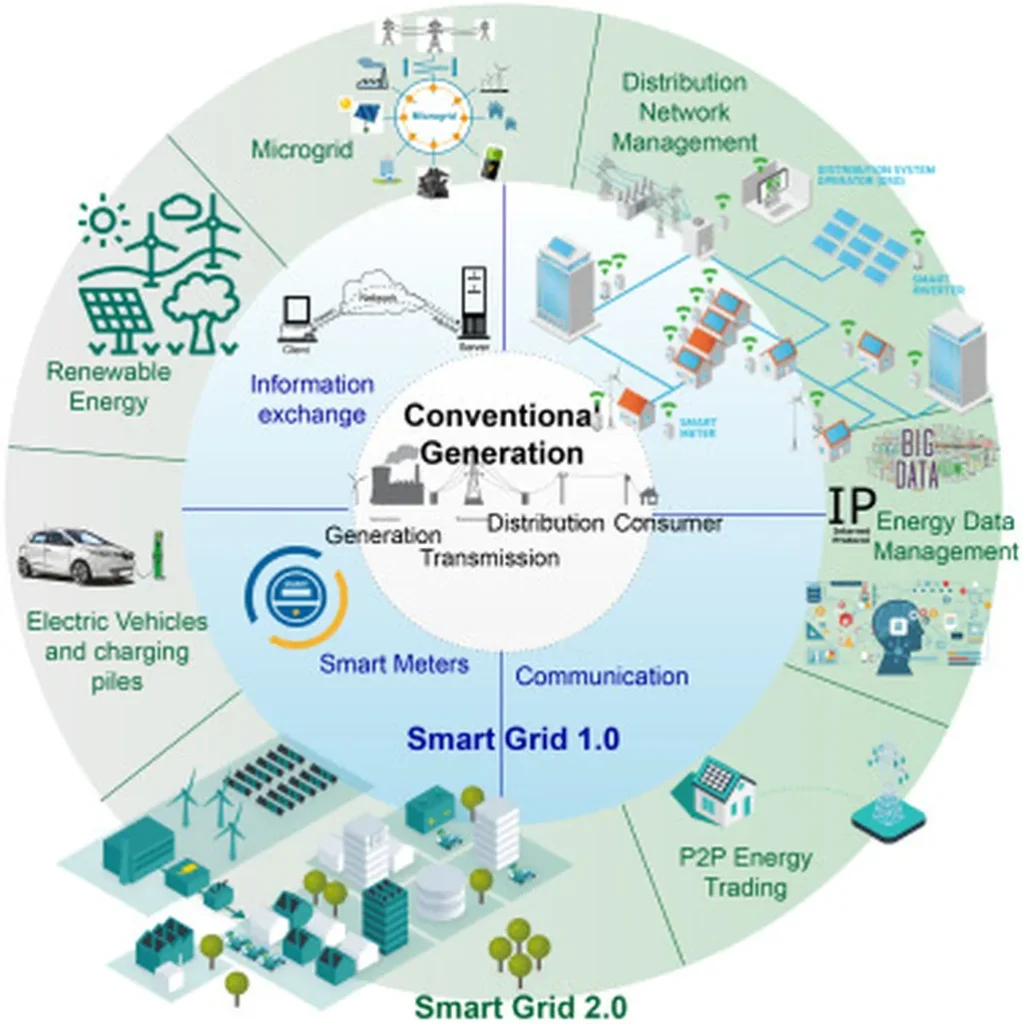In the rapidly evolving landscape of smart grids, a groundbreaking study led by Arvind R. Singh from the Department of Electrical Engineering at Hanjiang Normal University in China is poised to revolutionize how energy is traded and managed. Published in the journal “Achievements in Engineering,” Singh’s research introduces the Blockchain Consortium-Based Demand Energy Trading System (BC-DETS), a framework that leverages blockchain technology to address critical challenges in smart grid applications.
The integration of distributed energy resources (DERs) and renewable energy technologies has propelled the advancement of smart grids, but it has also exposed significant hurdles. Interoperability, standardization, and data security issues have hindered the efficient operation and scalability of these systems, particularly in decentralized, real-time energy trading and demand response management. Singh’s research aims to tackle these challenges head-on.
“Effective management of DERs and demand response systems relies heavily on seamless information exchange, data-driven decision-making, and robust digital communication frameworks,” Singh explains. “Our study presents BC-DETS as a solution to enhance interoperability, security, and standardized energy trading mechanisms within smart grid ecosystems.”
The BC-DETS framework has undergone comprehensive simulations to validate its effectiveness. Key Performance Indicators (KPIs) such as transaction latency, demand response participation rate, operational cost reductions, and overall grid efficiency were evaluated under diverse scenarios. The results are promising: a 35% boost in grid efficiency through optimized energy distribution and minimized energy losses, a 15% decrease in operational costs due to reduced transaction overhead and improved energy allocation, and a 40% increase in demand response participation rates facilitated by secure and transparent blockchain-enabled real-time energy transactions.
These findings underscore the transformative potential of blockchain technology in enhancing the scalability, security, and inclusivity of smart grids. “Blockchain’s ability to provide a decentralized, transparent, and secure platform for energy trading and demand response management is a game-changer,” Singh notes. “It establishes a foundational platform for future advancements in blockchain standardization and sustainable energy management solutions.”
The commercial impacts of this research are substantial. For the energy sector, BC-DETS offers a robust framework that can streamline operations, reduce costs, and enhance the overall efficiency of smart grids. By enabling secure and transparent real-time energy transactions, it can facilitate greater participation in demand response programs, leading to more stable and efficient grid operations.
As the energy sector continues to evolve, the integration of blockchain technology into smart grid applications could pave the way for more innovative and sustainable energy management solutions. Singh’s research not only addresses current challenges but also sets the stage for future developments in the field. “This study is just the beginning,” Singh concludes. “The potential applications of blockchain in the energy sector are vast, and we are excited to explore these possibilities further.”
In an era where the demand for sustainable and efficient energy solutions is higher than ever, Singh’s work offers a glimpse into the future of smart grids, where blockchain technology plays a pivotal role in shaping a more interconnected and resilient energy landscape.

